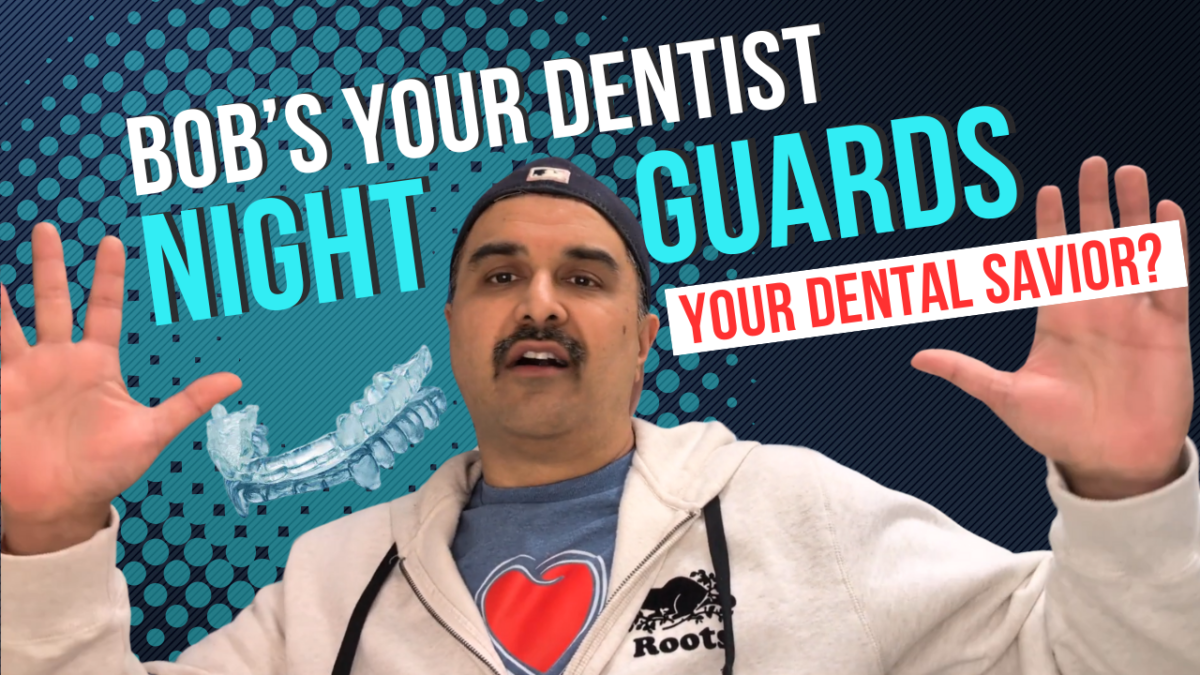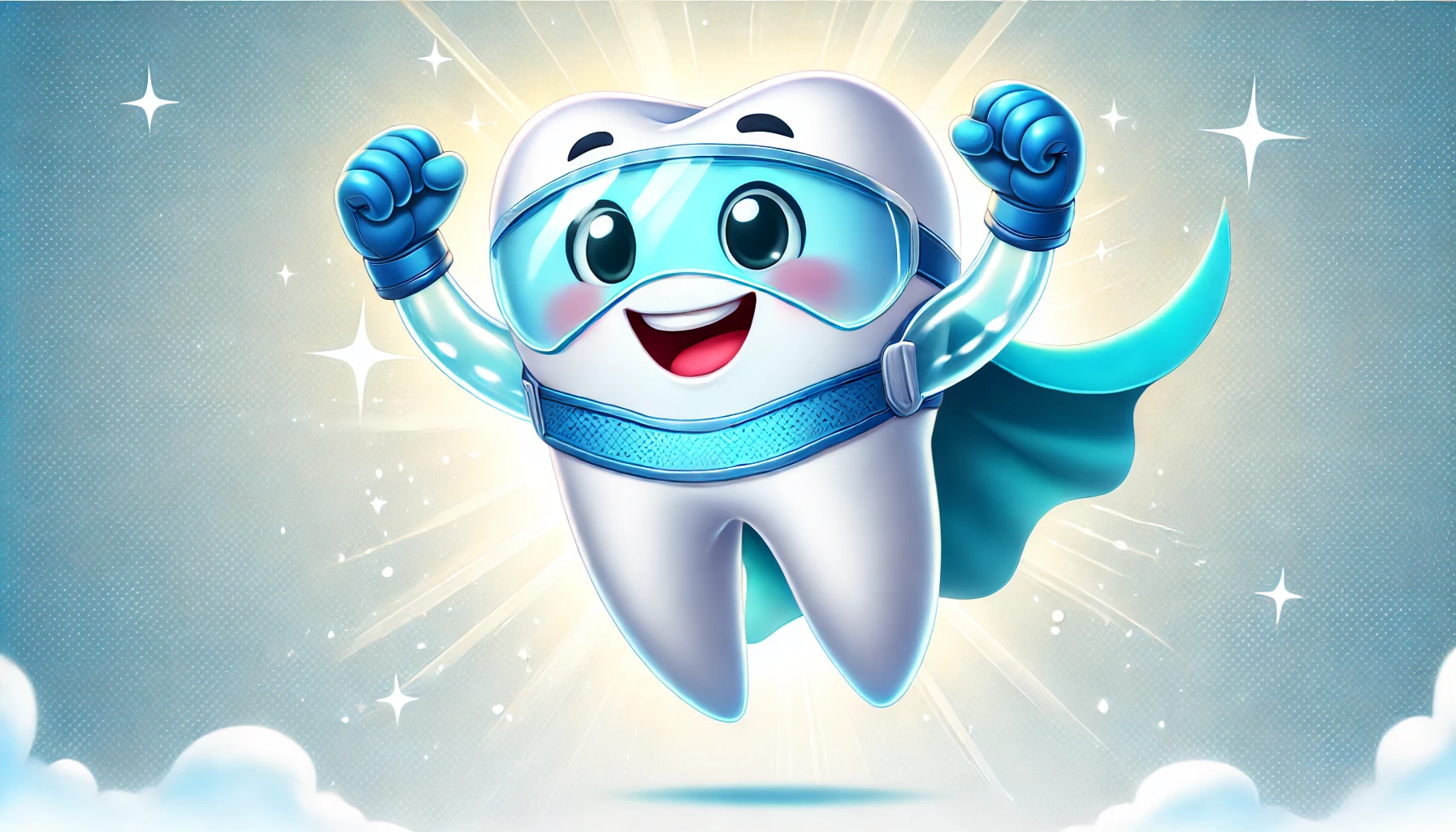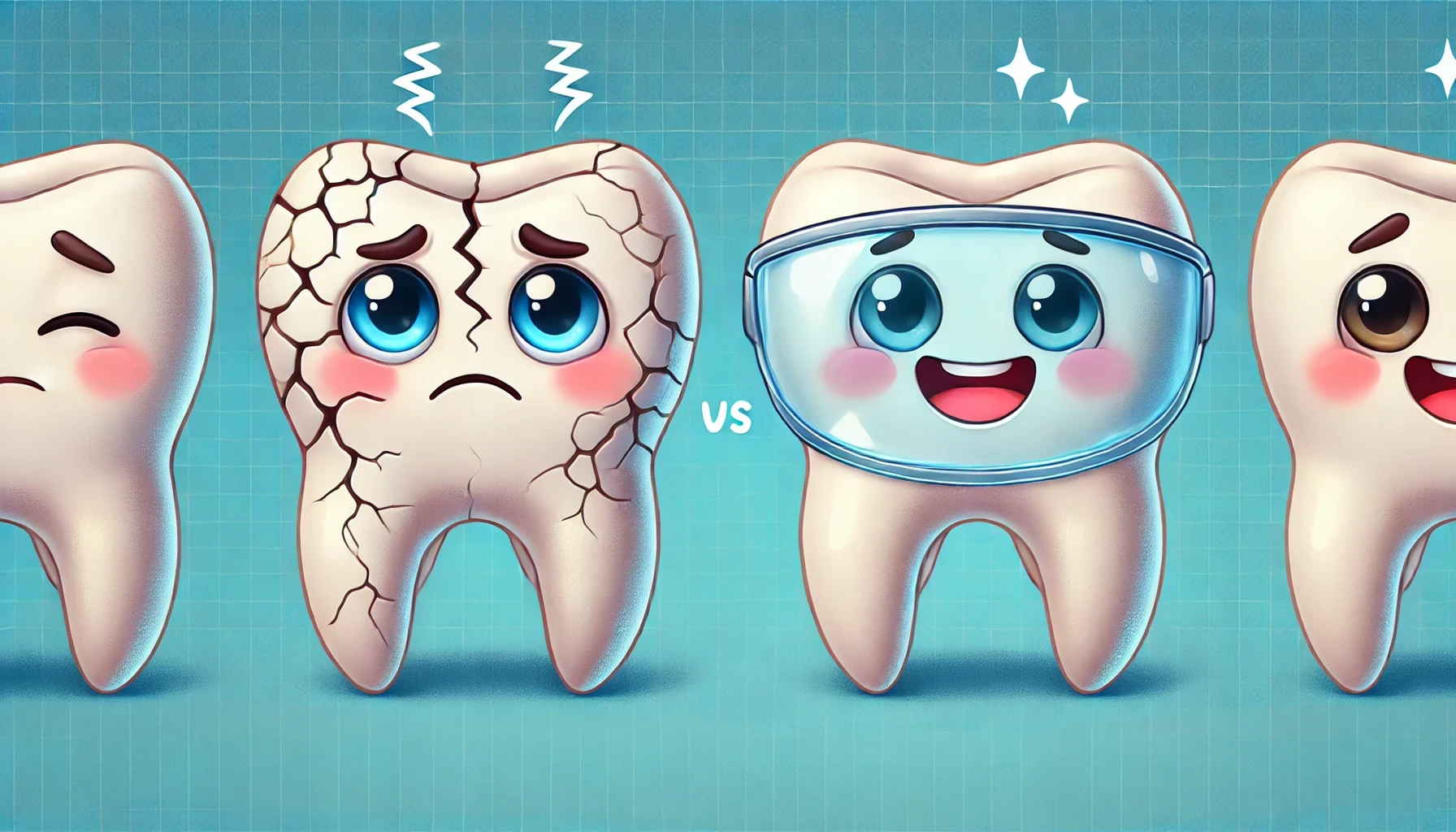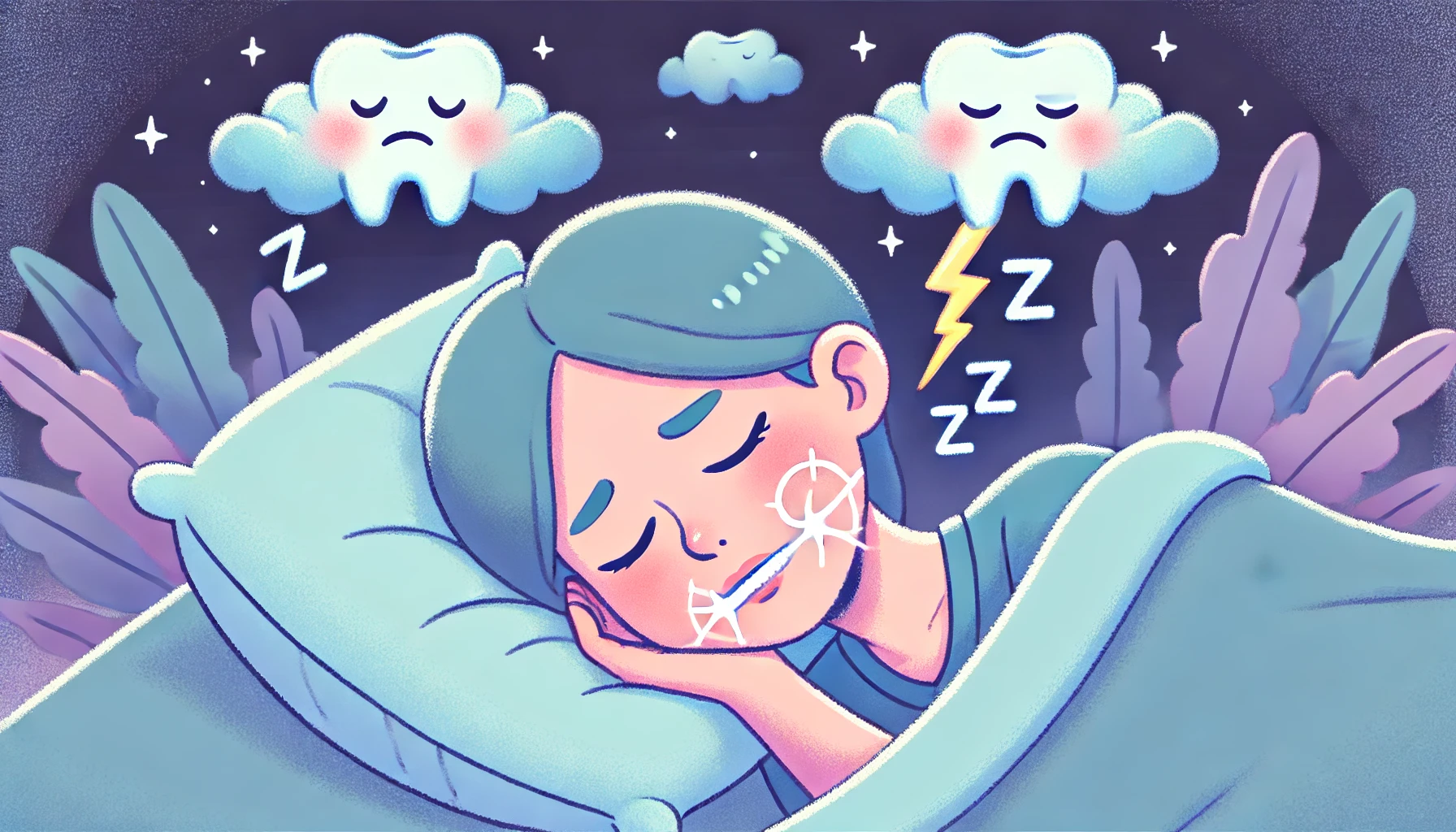Night Guards: Your Dental Savior | How to Stop Grinding Your Teeth

Grinding Your Teeth While You Sleep? You’re Not Alone!
Hey, it’s Dr. B here.
Let me guess — you’re waking up with a sore jaw, maybe some headaches, or you noticed your teeth don’t look quite as smooth and shiny as they used to. That’s not just bad luck — that’s nighttime grinding, and it’s way more common than you think.
In the video above, I break it all down in my usual rambling, caffeine-fueled style. But if you want the highlights (or just prefer reading because you’re at work and pretending to be productive), I’ve laid everything out for you below.
We’ll cover:
-
What a nightguard actually is
-
Why it’s your dental savior
-
And how to stop grinding before your teeth file themselves into nubs
Let’s get into it. Your future smile will thank you.
What Is a Nightguard?

Okay, let’s talk about your dental savior — the hero that swoops in before things go downhill. No, it’s not floss (although, floss, we still love you). It’s the nightguard.
A nightguard is like that friend who shows up when your teeth are quietly self-destructing overnight. You might not know it, but your jaw is putting in a full shift while you’re sleeping — clenching, grinding, and working overtime like it’s got bills to pay.
“When we want to get in front of it — before the damage really starts — we bring in the nightguard. The one who’s gonna save us from above. It’s our dental savior.”
It’s a clear, custom-molded mouthpiece you wear while you sleep. And trust us, your future smile will thank you.
Why Are Nightguards Important?

Why Nightguards Matter
A lot of people grind their teeth and don’t even know it. It usually happens at night when you’re asleep, and over time, this constant grinding (called bruxism) can really wear down your teeth. It’s like sandpaper slowly shaving away the enamel. That can lead to cracked teeth, sensitivity, jaw pain, headaches, and even changes in how your bite feels.
Nightguards are designed to protect your teeth while you sleep. Think of them like a helmet for your teeth. They absorb the pressure and keep your top and bottom teeth from grinding directly against each other. That means less damage, fewer future dental procedures, and less money spent in the long run.
We’ve had so many patients come in with worn-down teeth. Once they started using a nightguard, they noticed a huge difference, not just in their dental health but in how they slept and how their jaw felt in the morning.
How Do I Stop Grinding My Teeth?

Here’s the real talk: you probably can’t just will yourself to stop grinding. Especially if it’s happening in your sleep. But you can make changes that help.
Dr. B breaks it down:
“It’s all connected. You eat at the wrong time, your gut’s off, and next thing you know — you’re clenching and grinding in your sleep.”
What you can do:
-
Wear a nightguard — it’s the main fix
-
Cut out late-night eating (your skeleton crew can’t handle midnight nachos)
-
Manage stress — yoga, journaling, whatever works
-
Visit your dentist — get a custom nightguard that actually fits
Final Thoughts from Dr. B

Look, grinding happens. We’ve all got stress, late-night snacks, and sleep habits that make our jaws work harder than they need to. But the good news? You don’t have to just accept the damage.
A custom nightguard is one of the simplest, most effective ways to protect your teeth — and it’s way cheaper than fixing cracked molars later. Whether you’re already grinding or just want to play it safe, I’ve got you covered.
So here’s what to do next:
Call us at 905-507-8785 and don’t forget to subscribe to my YouTube channel – Bob’s Your Dentist
See you soon — and remember, your teeth work hard. Let’s protect ‘em.
– Dr. B
